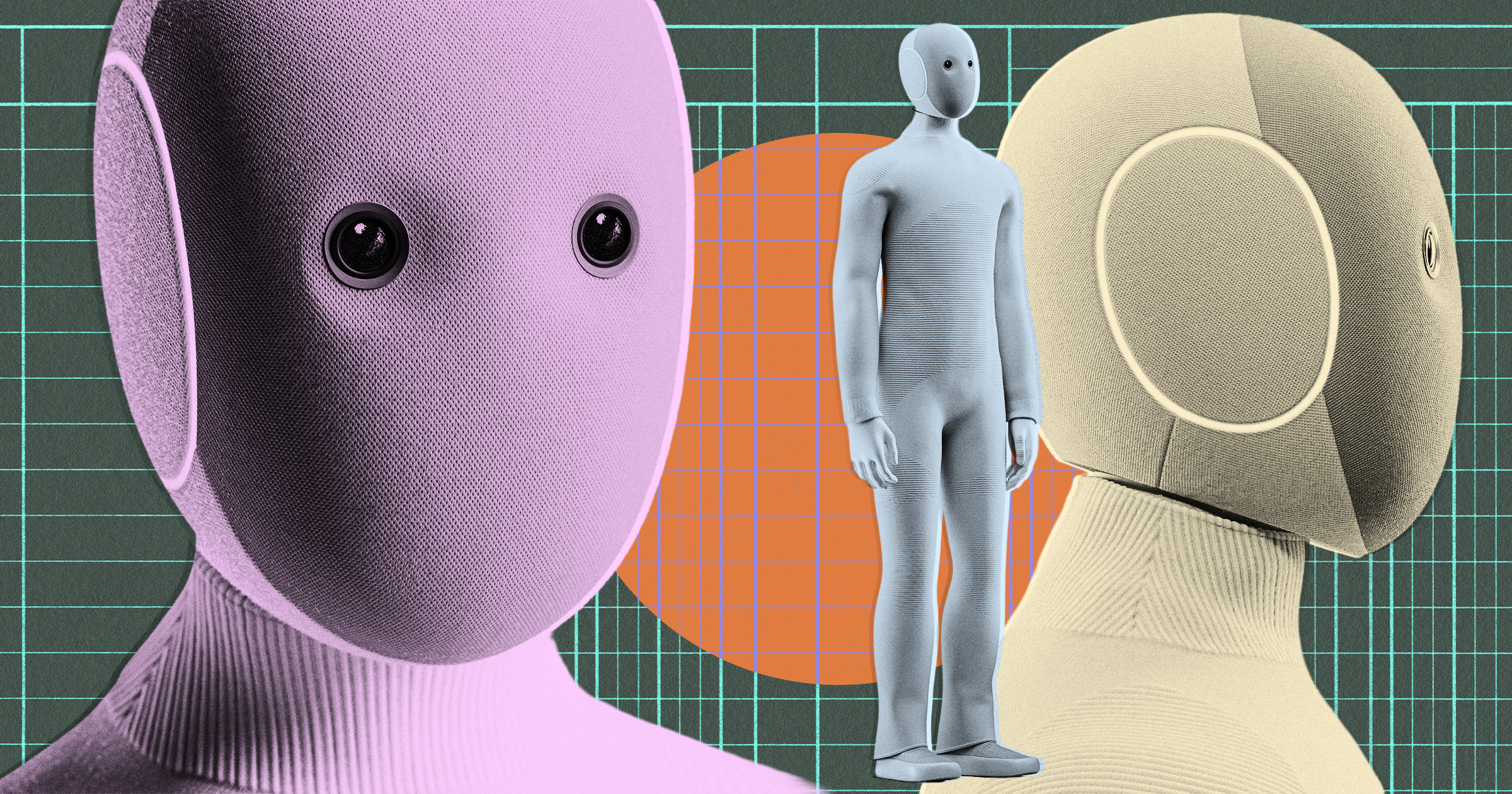A new robotic servant called NEO, developed by the Palo Alto-based startup 1X, is set to hit the market in 2026, but it comes with a significant catch: the robot is not autonomous. Instead, it relies on remote human operators to perform household tasks. Priced at $20,000 or available through a $499 monthly subscription, NEO aims to ease the burdens of daily chores for its owners.
How NEO Works
The NEO robot, which weighs 66 pounds and stands 5 feet 6 inches tall, has a unique design featuring a knitted covering and small eyes, giving it a somewhat whimsical appearance. Interested customers can secure a preorder for just $200. Once the robot arrives, users will operate it via a mobile application, scheduling tasks that remote workers will carry out.
According to Bernt Børnich, founder and CEO of 1X, the vision behind NEO is to create a friendly, approachable robot that avoids the “hard, dark, sci-fi future” often associated with robotics. He emphasized the importance of user data, stating, “If we don’t have your data, we can’t make the product better.” As users interact with NEO, the robot will gather data to improve its artificial intelligence capabilities, potentially leading to more autonomous functions in the future.
Challenges Ahead
Despite its promising concept, the NEO robot highlights ongoing challenges in the field of humanoid robotics. Tech and business journalist Michael Hiltzik noted that even the most advanced robots struggle with basic tasks, such as navigating home environments or handling fragile items safely. This raises questions about the practicality of NEO and similar products.
The NEO’s reliance on remote operators underscores a broader trend in the robotics industry, where some projects appear to prioritize technological hype over practical applications. While significant advancements in industrial robotics have been achieved, the market for consumer-oriented humanoid robots remains largely unproven. As Børnich’s vision unfolds, potential owners may need to manage their expectations as they await the future of robotic assistance.
In summary, while the NEO robot represents an intriguing step forward in home automation, its operational model underscores that fully autonomous robots are still a long way off. For now, those seeking help with household chores may find that human assistance remains the most reliable option.







